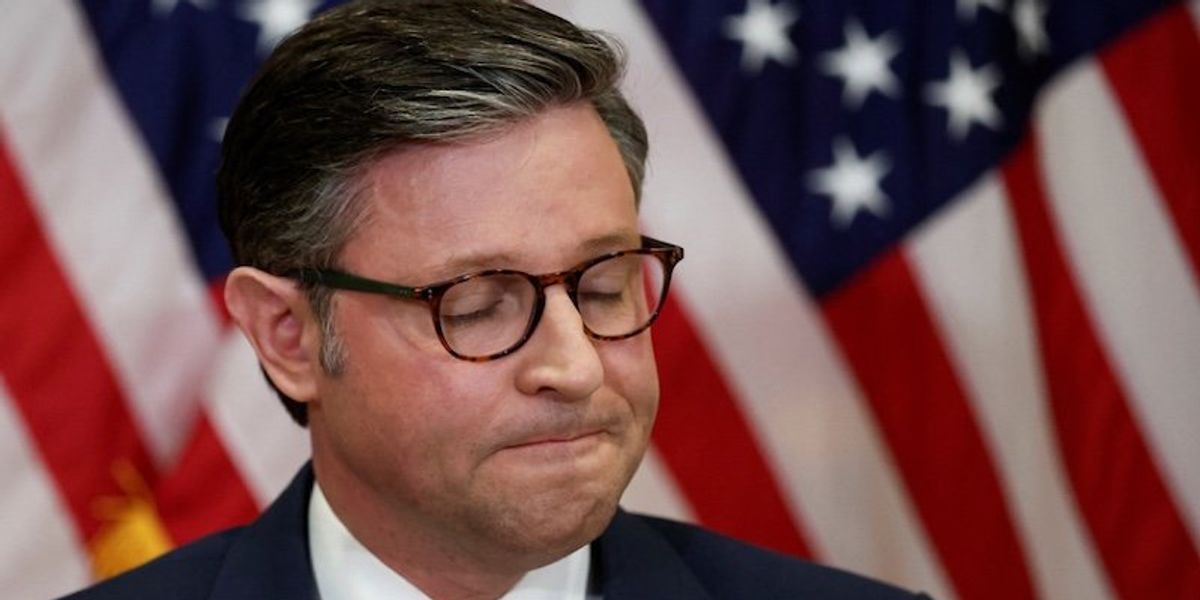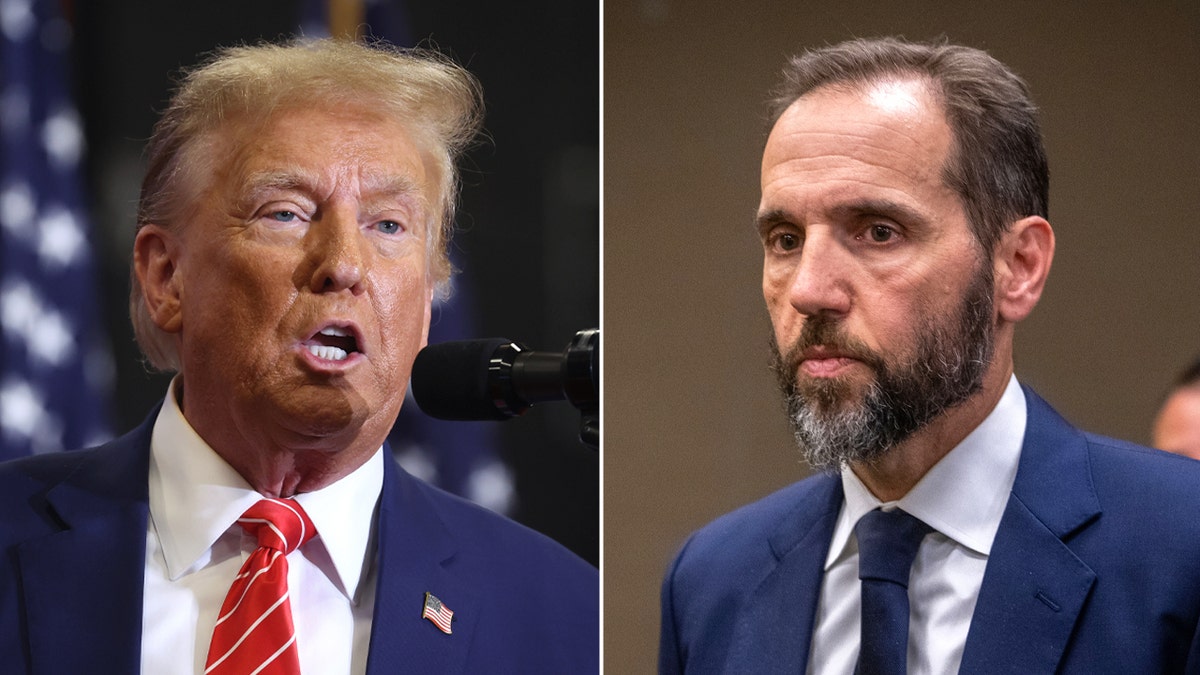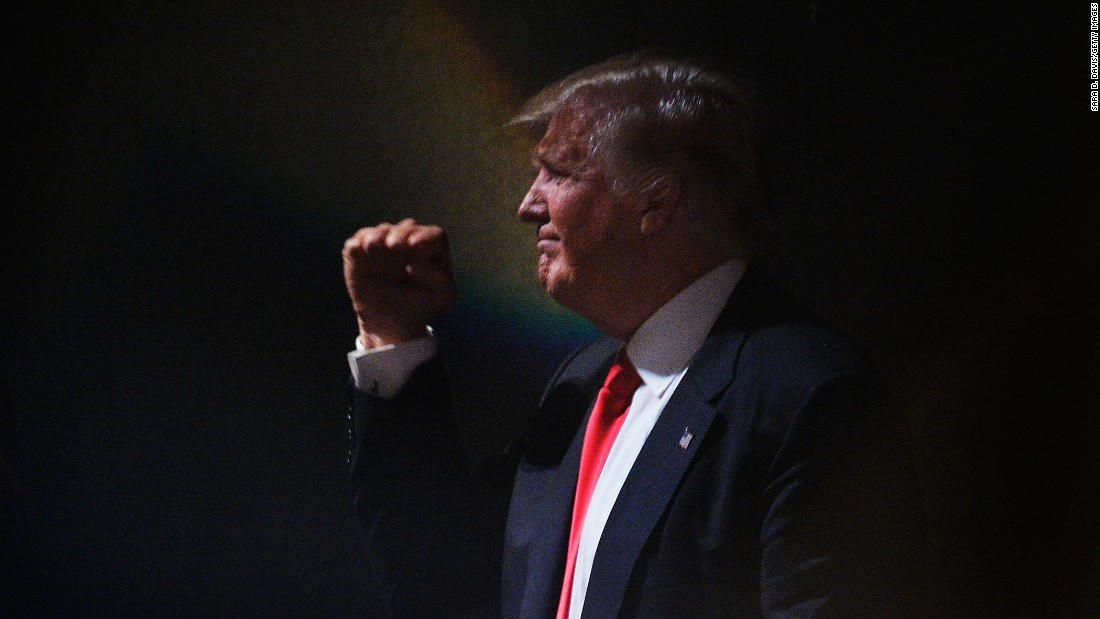Setback for Trump's Medicaid Overhaul Plan as Senate Parliamentarian Rules Changes Need 60 Votes
About the People Mentioned
Donald Trump
Donald John Trump, born June 14, 1946, in Queens, New York, is an American businessman, media personality, and politician. He graduated from the University of Pennsylvania’s Wharton School in 1968 with a degree in economics. In 1971, he took over his family’s real estate business, renaming it the Trump Organization, through which he expanded into building and managing skyscrapers, hotels, casinos, and golf courses. Trump gained widespread fame as the host of the reality TV show *The Apprentice* from 2004 to 2015, which helped establish his public persona as a successful entrepreneur. Trump entered politics as a Republican and was elected the 45th president of the United States, serving from 2017 to 2021. His presidency was marked by significant policy actions including tax cuts, deregulation, the appointment of three Supreme Court justices, renegotiation of trade agreements (notably replacing NAFTA with the USMCA), and a focus on immigration control including border wall expansion. He withdrew the U.S. from international agreements such as the Paris Climate Accord and the Iran nuclear deal, and engaged in a trade war with China. His administration’s response to the COVID-19 pandemic was criticized for downplaying the virus’s severity. Trump was impeached twice by the House of Representatives—first in 2019 for abuse of power and obstruction, and again in 2021 for incitement of insurrection—but was acquitted by the Senate both times. After losing the 2020 election to Joe Biden, Trump challenged the results, culminating in the January 6, 2021, Capitol riot. He remains a central figure in American politics, having won the 2024 presidential election and returned as the 47th president in 2025, continuing to promote policies aimed at economic growth, border security, and military strength[1][2][3][4].
About the Organizations Mentioned
Senate GOP
## Overview of Senate GOP The **Senate GOP**—officially the Senate Republican Conference—is the formal organization of Republican senators in the United States Senate. It serves as the central hub for coordinating legislative strategy, policy development, and communication for Republican members[1]. The organization’s primary function is to advance the party’s legislative agenda, manage floor proceedings, and act as the main voice for Republican senators in national debates[1]. ## History and Structure The Senate GOP’s structure has evolved with the Senate itself, but its modern form centers on elected leadership positions such as the Senate Majority Leader, the Republican Whip (officially titled the Assistant Majority Floor Leader), and other conference officers[1]. These leaders are chosen by their colleagues and are responsible for setting the legislative calendar, building consensus within the caucus, and negotiating with the opposing party and the executive branch[1]. The Majority Leader holds the most influential role, directing the flow of legislation and serving as the chief spokesperson for Senate Republicans[1]. ## Key Achievements and Role in Policy Historically, the Senate GOP has played a decisive role in shaping major legislation, particularly during periods of Republican majority control. Achievements have included tax reform, deregulation efforts, judicial confirmations, and national security policies. The organization’s ability to maintain party discipline and negotiate bipartisan agreements has often determined the success or failure of significant bills. During the 119th Congress (2025–2027), Republicans regained control of the Senate with a 53–47 majority (including two independents who caucus with Democrats), following the 2024 elections[3][6]. This shift returned committee chairmanships to Republicans, giving them substantial influence over key policy areas such as finance, judiciary, and energy[2]. The Senate GOP’s renewed majority also means greater leverage in advancing business-friendly policies, tech regulation, and oversight of the executive branch[2]. ## Current Status and Notable Aspects As













